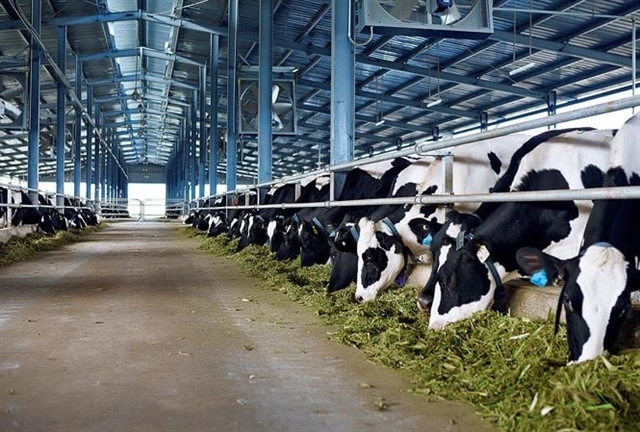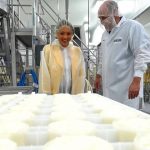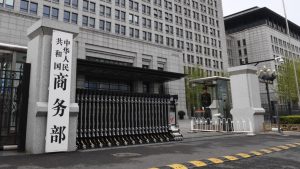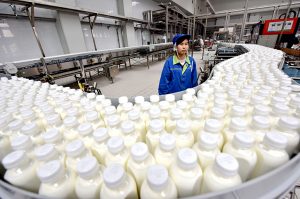
New Policy Bans Reconstituted Milk, Posing Major Challenge for Exporters.
China, a dominant force in global dairy consumption, is implementing a significant overhaul of its import procedures for dairy products, effective September 16 of this year. The pivotal change mandates that China will exclusively permit the import of sterilized milk derived solely from fresh raw milk, effectively discontinuing its acceptance of products utilizing reconstituted milk. This amendment to China’s National Food Safety Standard for Sterilised Milk (GB 25190-2010) removes previous provisions that allowed for reconstituted milk and its associated labeling, marking a substantial shift in dairy trade policy.
This regulatory adjustment is poised to have a considerable impact on dairy exports from nations like Việt Nam, whose companies currently incorporate reconstituted milk in their sterilized milk production destined for China. To maintain crucial market access, Vietnamese dairy companies must rapidly adapt their product formulations, re-engineer production processes, and meticulously revise documentation and labeling to align with China’s strict new requirement for exclusive reliance on fresh raw milk.
Products that continue to contain reconstituted milk will no longer be recognized as sterilized milk under the revised Chinese standard and will be ineligible for export under existing product codes. This change could severely limit market access for affected dairy exporters, forcing a strategic re-evaluation of their production and export models. The shift is not merely procedural but represents a fundamental change in China’s preferred dairy ingredient standards.
The ripple effects of this new policy extend to potential economic implications for exporting nations. Vietnamese dairy companies, for instance, may face increased operational costs due to the higher price of fresh raw milk, necessary adjustments to production lines, and inherent risks associated with ensuring a stable supply of fresh milk. These factors could adversely affect their price competitiveness and market share in China, influencing overall dairy economics for affected exporters.
Recognizing the far-reaching consequences, Việt Nam’s Ministry of Industry and Trade (MoIT) has been advised to thoroughly assess the impact of China’s new regulations and develop appropriate policy recommendations for the domestic dairy industry. For the international dairy community and trade analysts, China’s move underscores its evolving focus on food safety standards and ingredient quality in a market where sterilized (UHT) milk constitutes a significant portion of its liquid milk consumption, setting a precedent for global dairy trade.
Source: Vietnam News: China adjusts import procedures for dairy products
You can now read the most important #news on #eDairyNews #Whatsapp channels!!!
🇺🇸 eDairy News INGLÊS: https://whatsapp.com/channel/0029VaKsjzGDTkJyIN6hcP1K




















